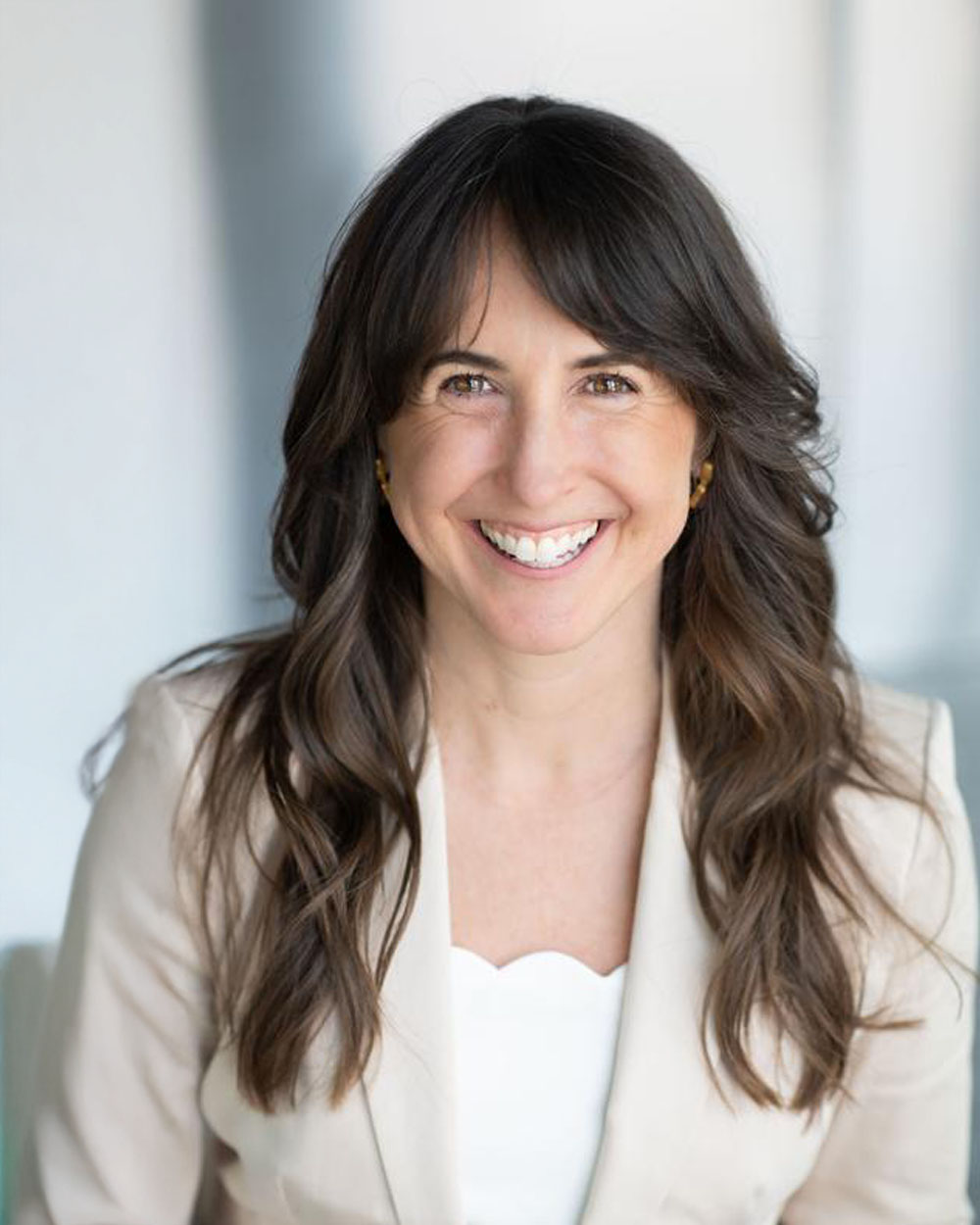Rethinking ADHD Across the Lifespan
ADHD is not just a childhood condition—it can persist or even be recognized for the first time in adulthood, including midlife and older age. Many people only begin to question whether they might have ADHD when a child or grandchild receives a diagnosis. For adults in their 40s, 50s, and 60s, this realization often brings both clarity and grief: clarity for finally understanding lifelong struggles, and grief for the years spent blaming themselves instead of their brain wiring.
🌸 A 60-Year-Old Woman’s Search for Answers
One woman began to wonder about ADHD when her daughter was diagnosed as a young adult. Looking back, she recognized patterns of inattention that followed her since high school—difficulty finishing projects, losing focus, and feeling constantly behind, despite her intelligence and drive.
She had lived for decades with diagnoses of depression and anxiety, taking medication that helped somewhat but never quite resolved the core sense of disorganization and underachievement. Now, as she contemplates retirement, she worries not about losing structure—but about losing momentum. She wonders: What if ADHD has been the missing piece all along?
👩👧 A 50-Year-Old Man’s Realization
A similar story comes from a 50-year-old father whose own ADHD suspicions emerged after helping his child navigate a new diagnosis. Parenting a child with ADHD often holds up a mirror; many adults recognize their own lifelong patterns of distraction, impulsivity, or emotional overwhelm in the process.
This parent noted that supporting his daughter has brought both insight and strain: “As we’ve gone through the process, I’ve realized I check almost all the same boxes—and it’s made my own symptoms harder to ignore.” Seeking a formal evaluation is often the next step in breaking this intergenerational cycle.
🎙️ In the Spotlight: Natasha Rothwell Opens Up About Adult ADHD
Actress and writer Natasha Rothwell recently shared her experience being diagnosed with ADHD in her early 40s on I Know Me (IMO) with Michelle Obama and Craig Robinson. Her reflections capture what many adults feel upon finally getting an explanation for their lifelong patterns:
“I have a unique way of seeing the world … having the language of that as an adult has been immensely helpful.”
— Natasha Rothwell (Distractify)
For Rothwell, the diagnosis didn’t just clarify her past—it reshaped how she treats herself in the present.
“I no longer think that it’s just a moral failure that I need you to repeat yourself.”
— Natasha Rothwell
That shift—from self-blame to self-understanding—is profound. She describes embracing her neurodivergent traits. Her openness helps reduce stigma, especially for women who have long been underdiagnosed due to quieter, inattentive symptoms, rather than the hyperactivity more visible in boys and men.
When public figures like Rothwell speak candidly about their experiences, they remind others that ADHD is not a character flaw—it’s a brain difference. Recognition and language empower adults to advocate for their needs and approach life with more compassion for themselves.
💡 Why These Stories Matter
These narratives—of a 60-year-old nearing retirement, a 50-year-old parent, and a celebrity sharing her diagnosis—illustrate a larger truth:
An ADHD diagnosis, at any age, opens the door to understanding and a path forward.
Late-life evaluations can unlock self-compassion, better treatment options, and renewed motivation. They remind us that it’s never too late to understand our brains—and that what once looked like “laziness” or “flakiness” may in fact be a lifelong pattern of neurodivergence finally coming into focus.
🪞 Takeaways
- ADHD doesn’t fade with age—it can hide in plain sight.
- Diagnosis offers language, not labels—a framework for self-advocacy and growth.
- Awareness reduces stigma—especially when we talk about it openly and without shame.
“Having the language of ADHD as an adult has been immensely helpful.” — Natasha Rothwell


